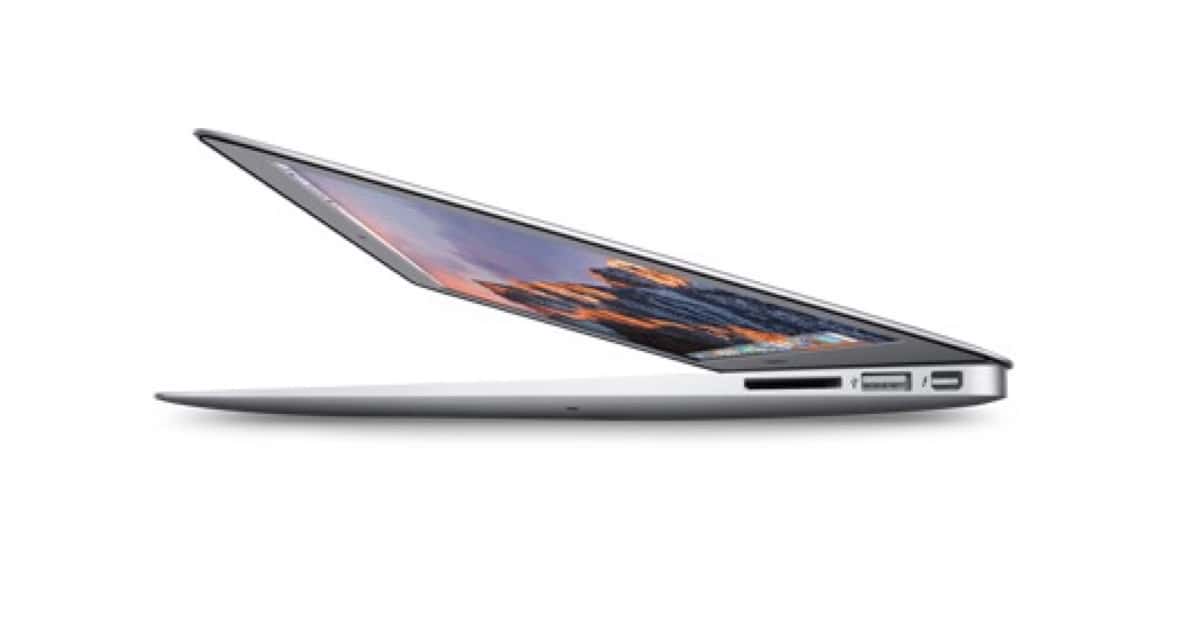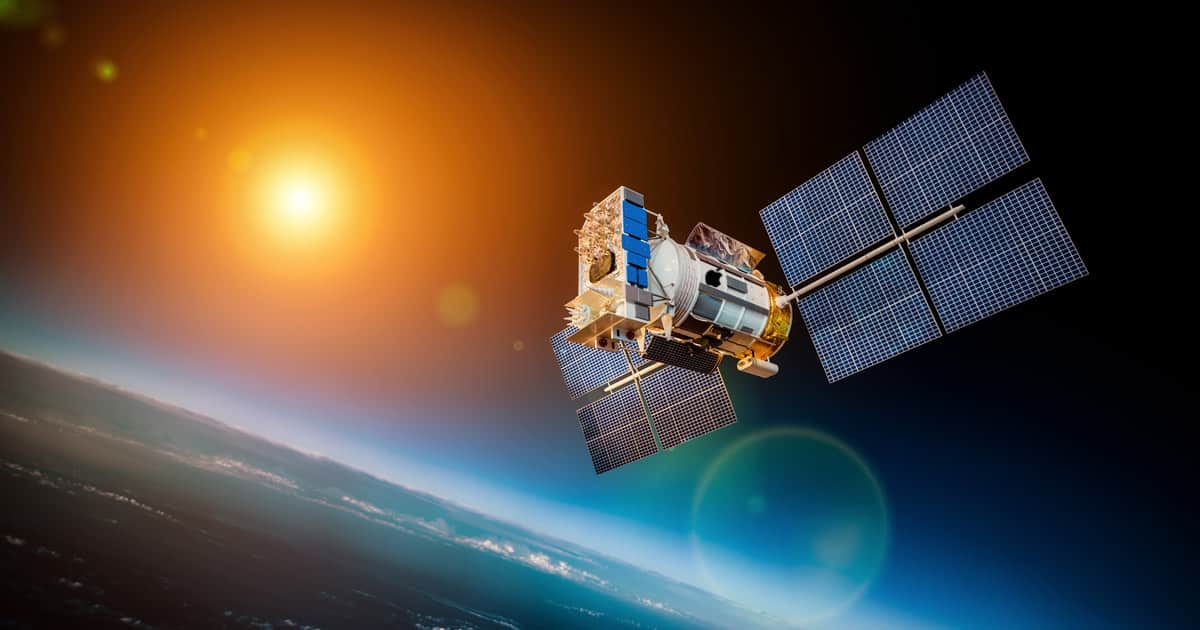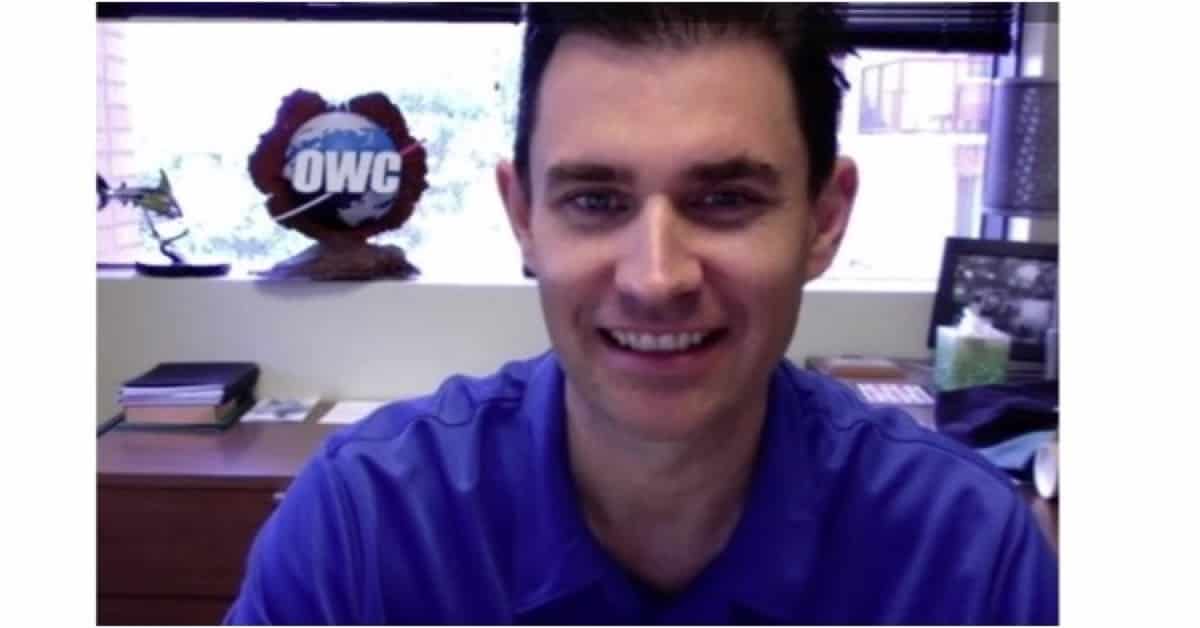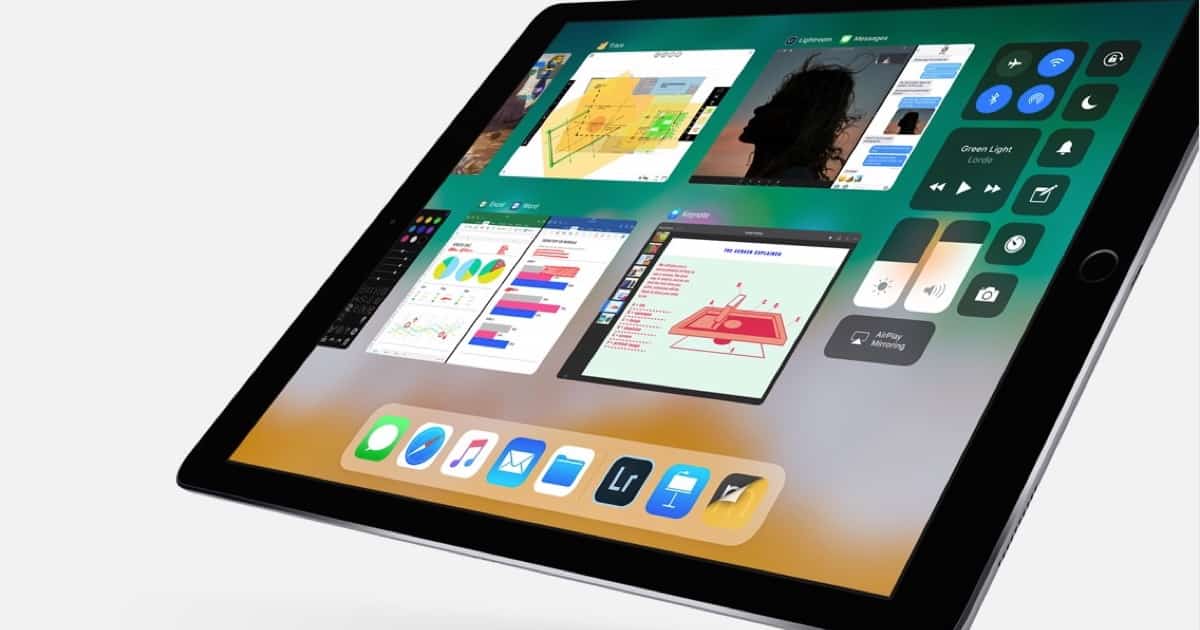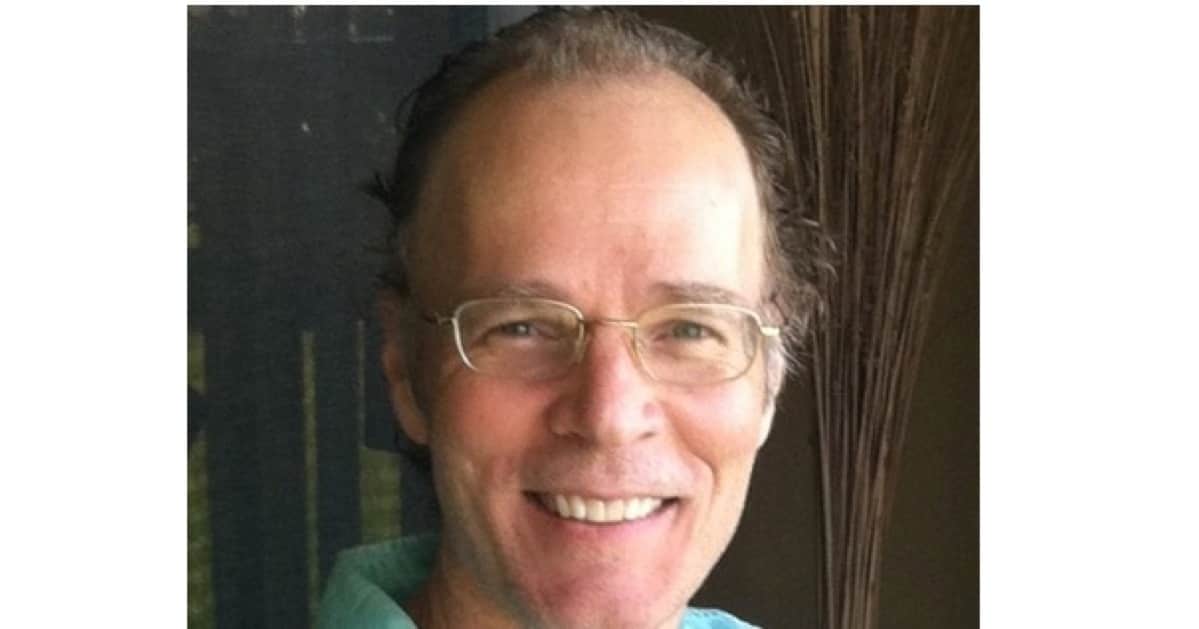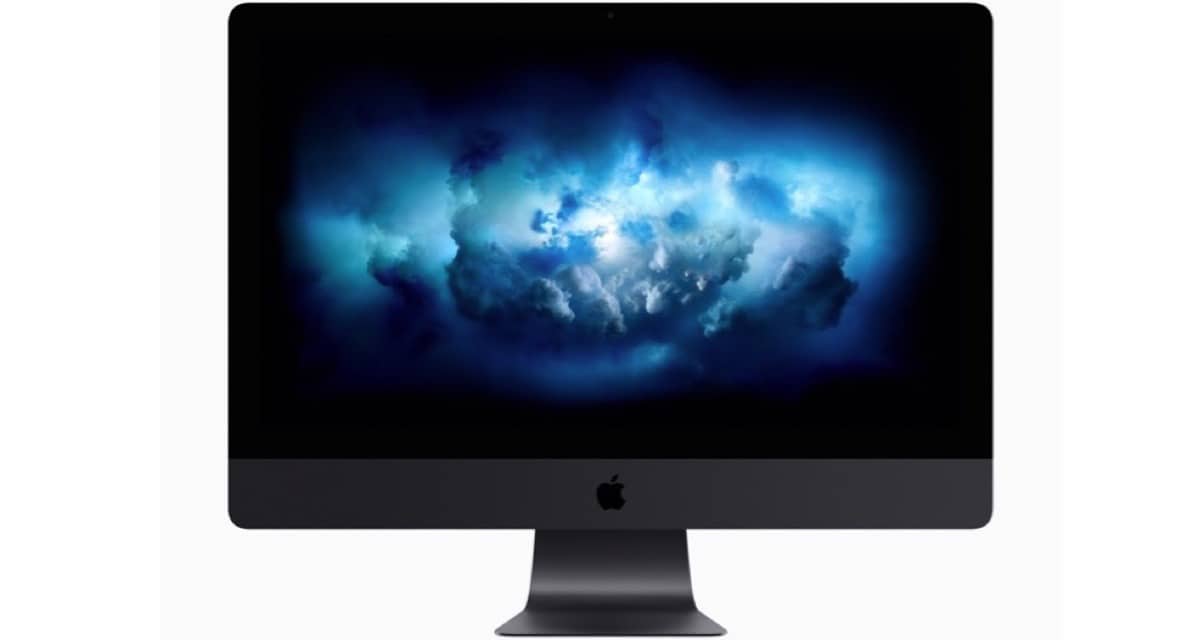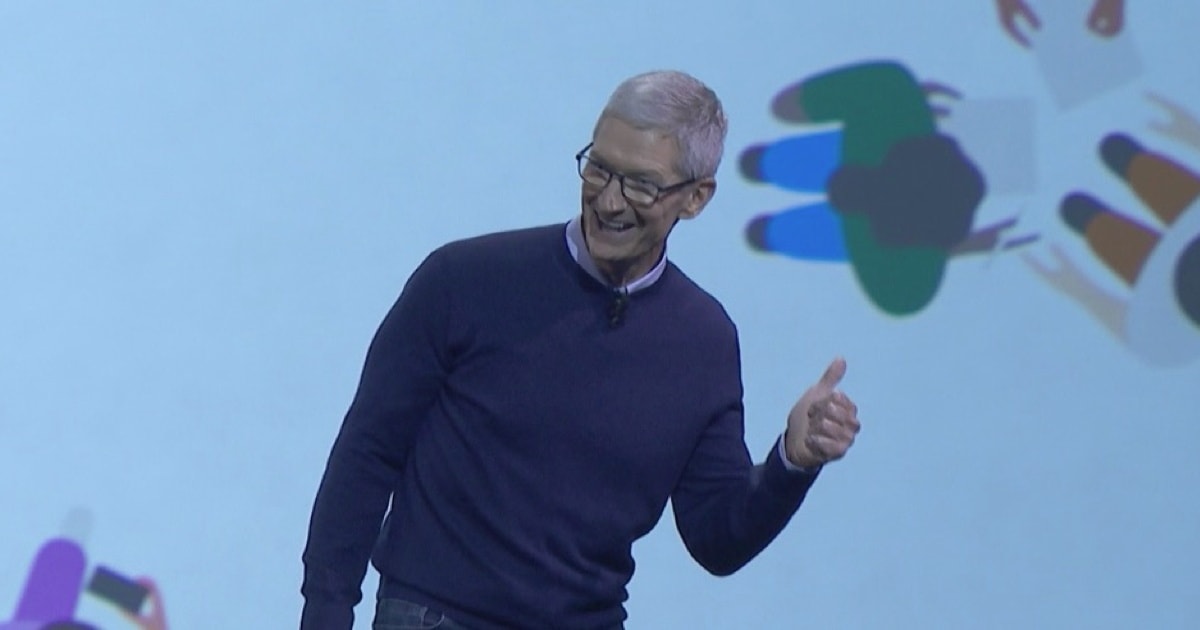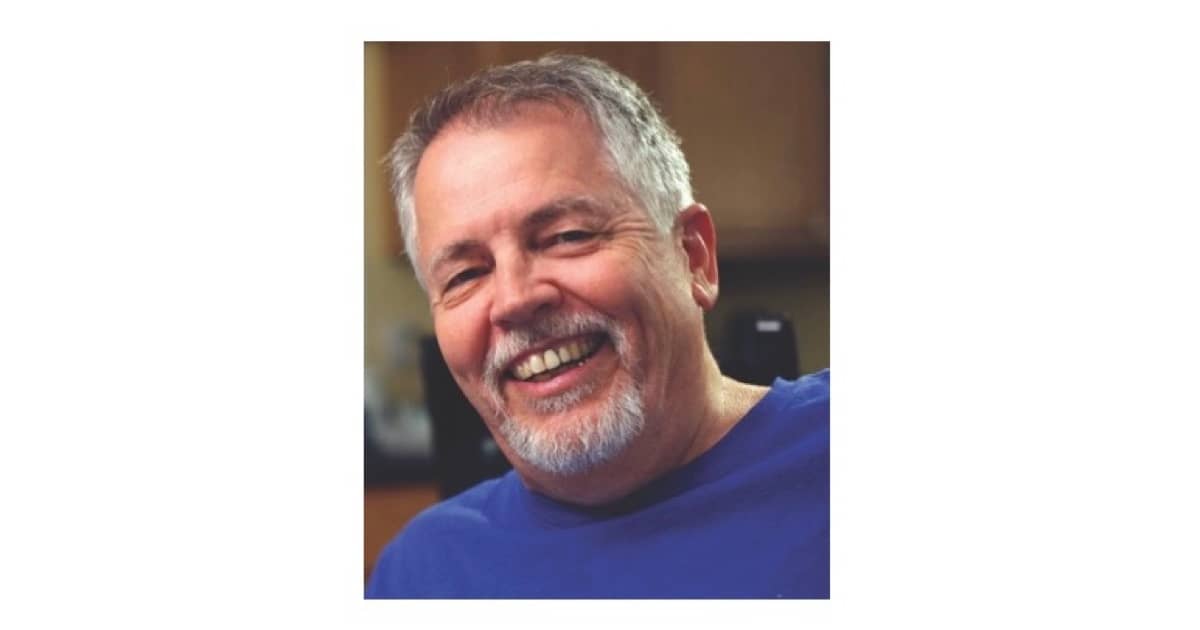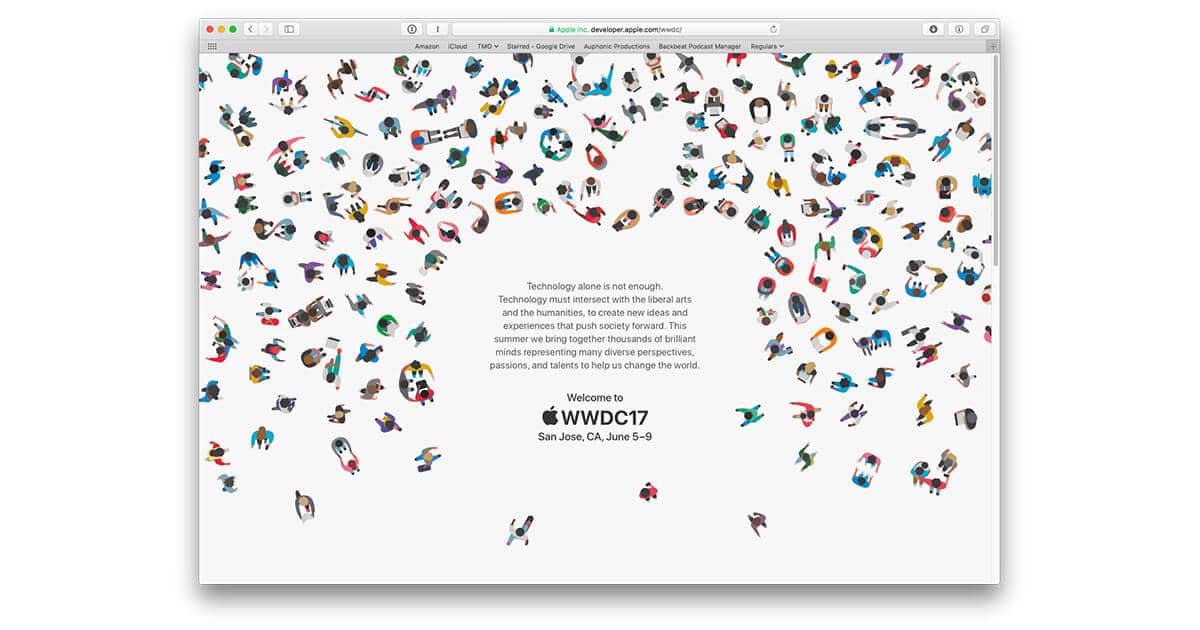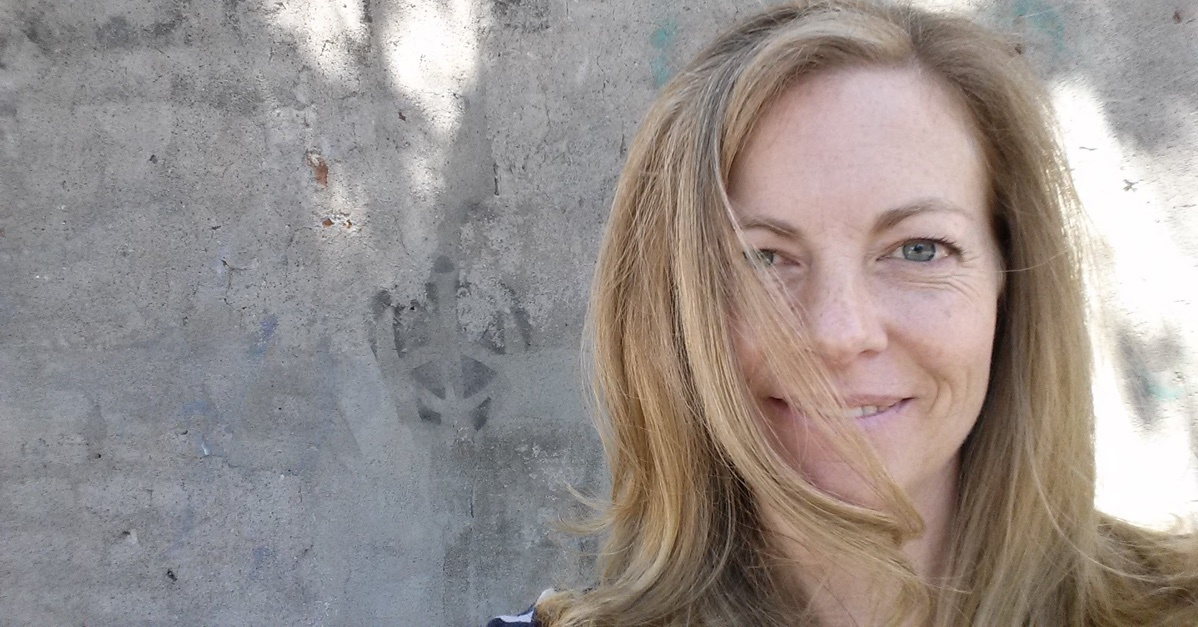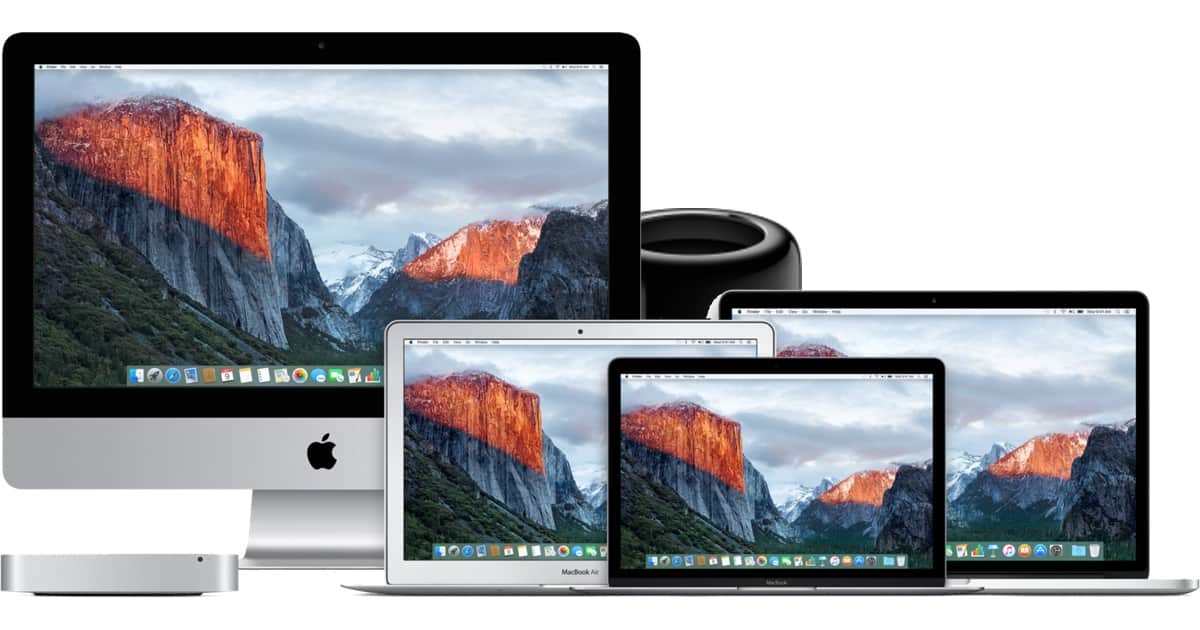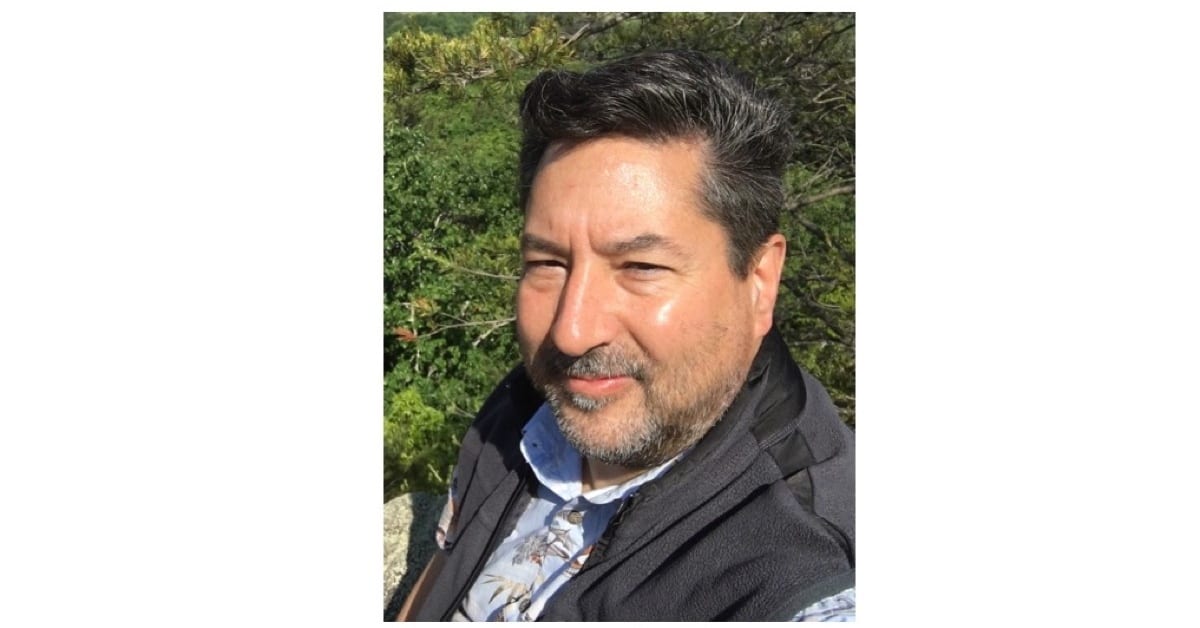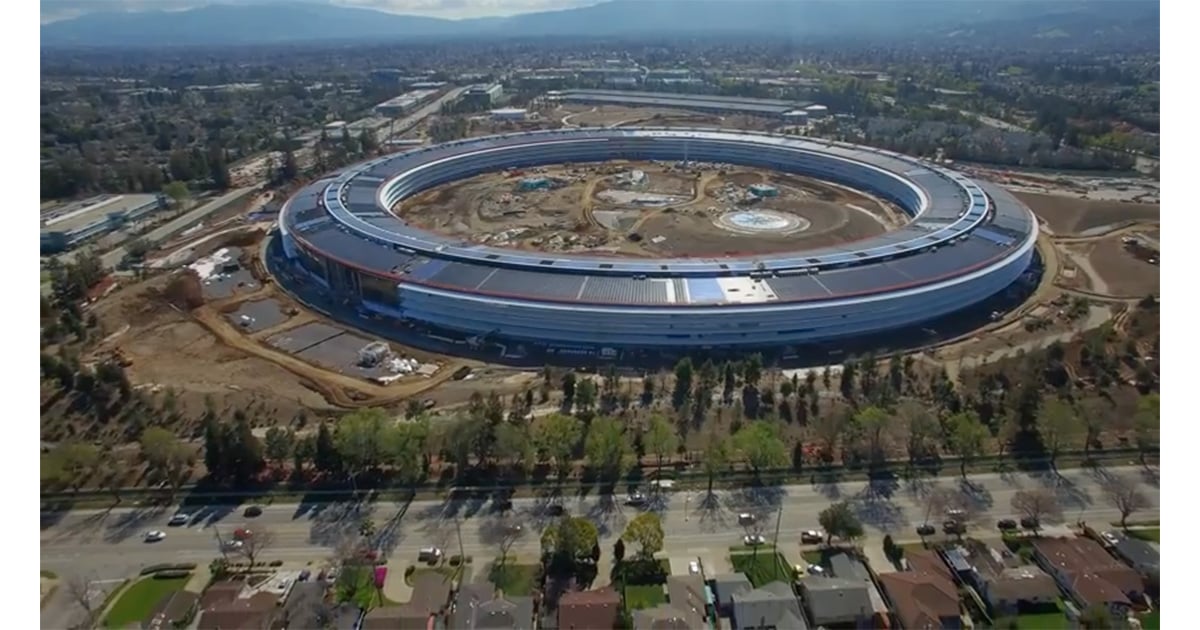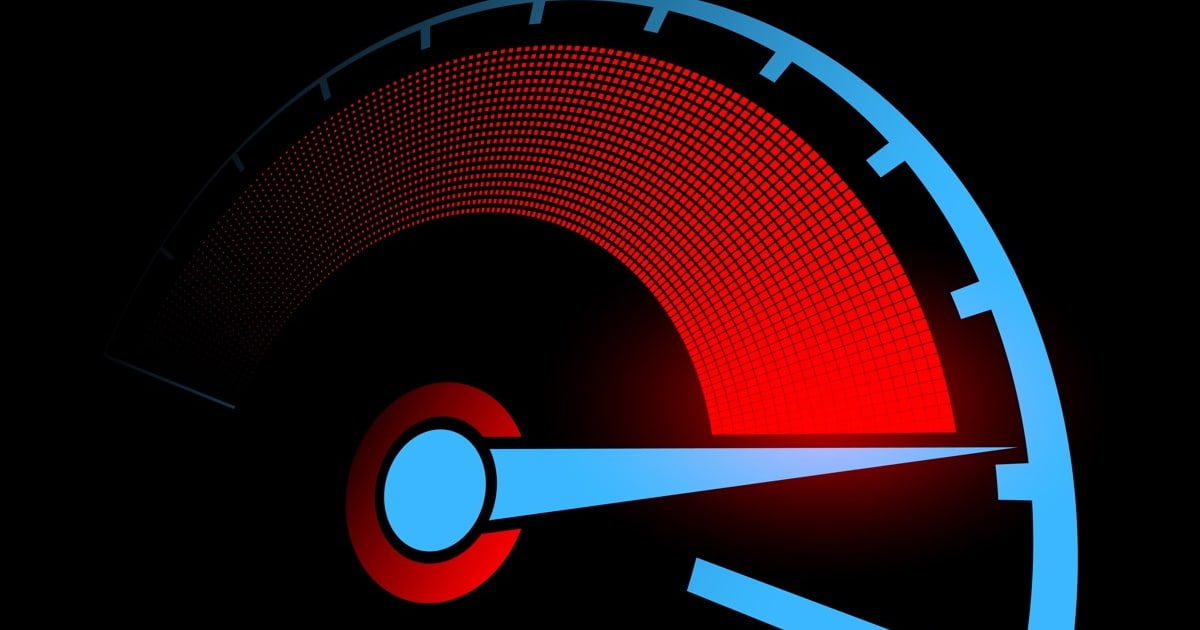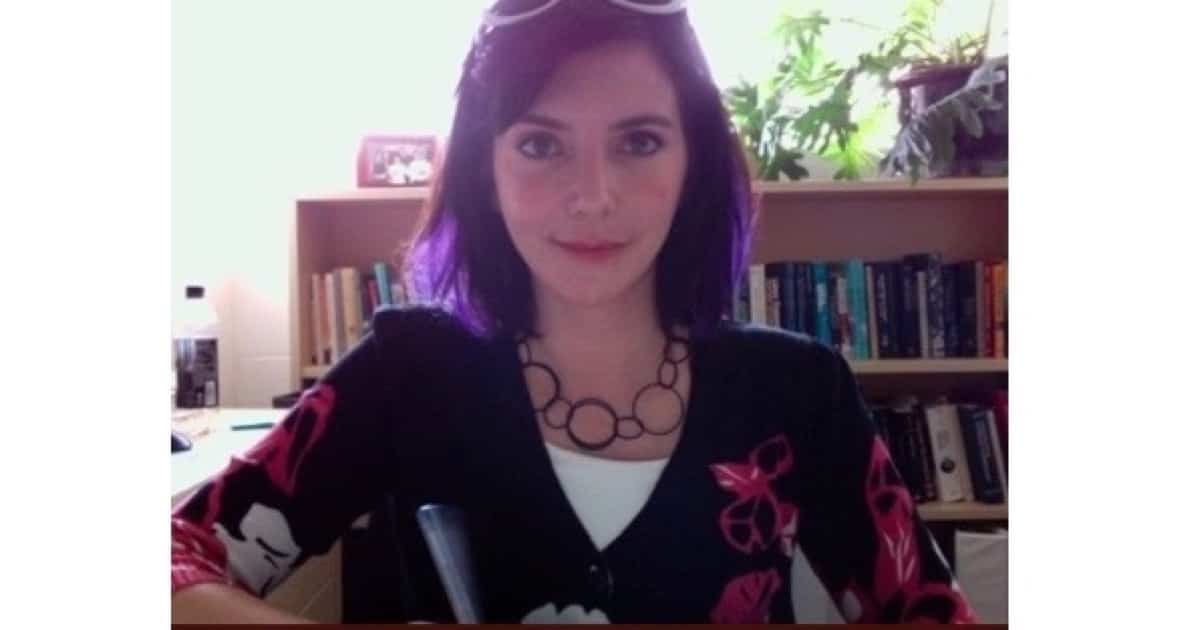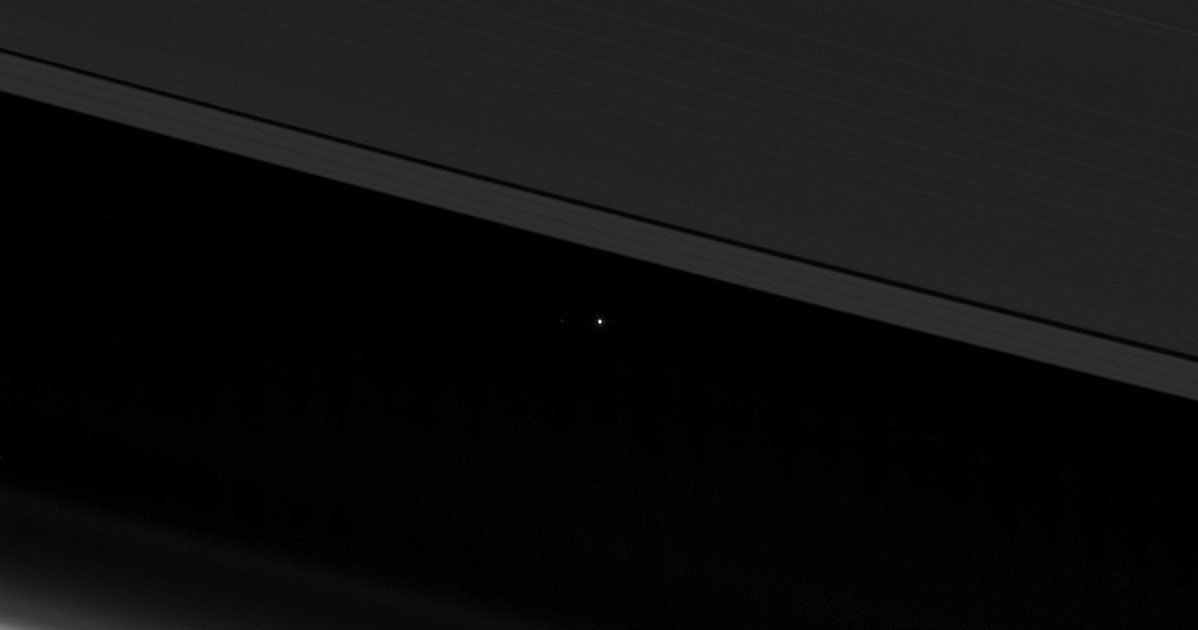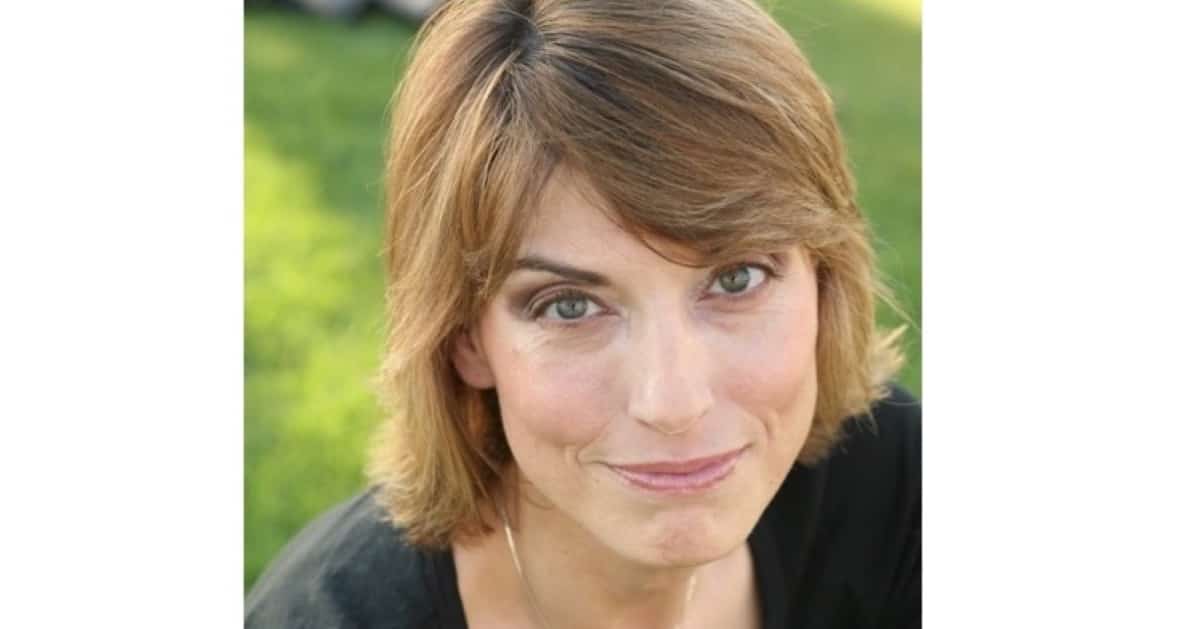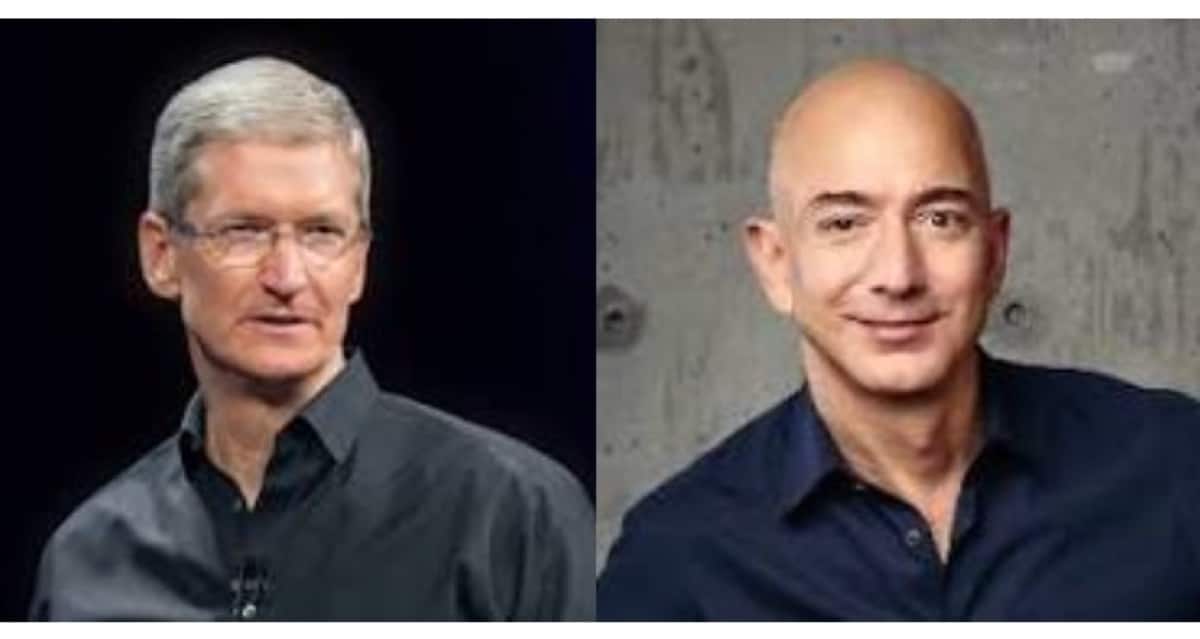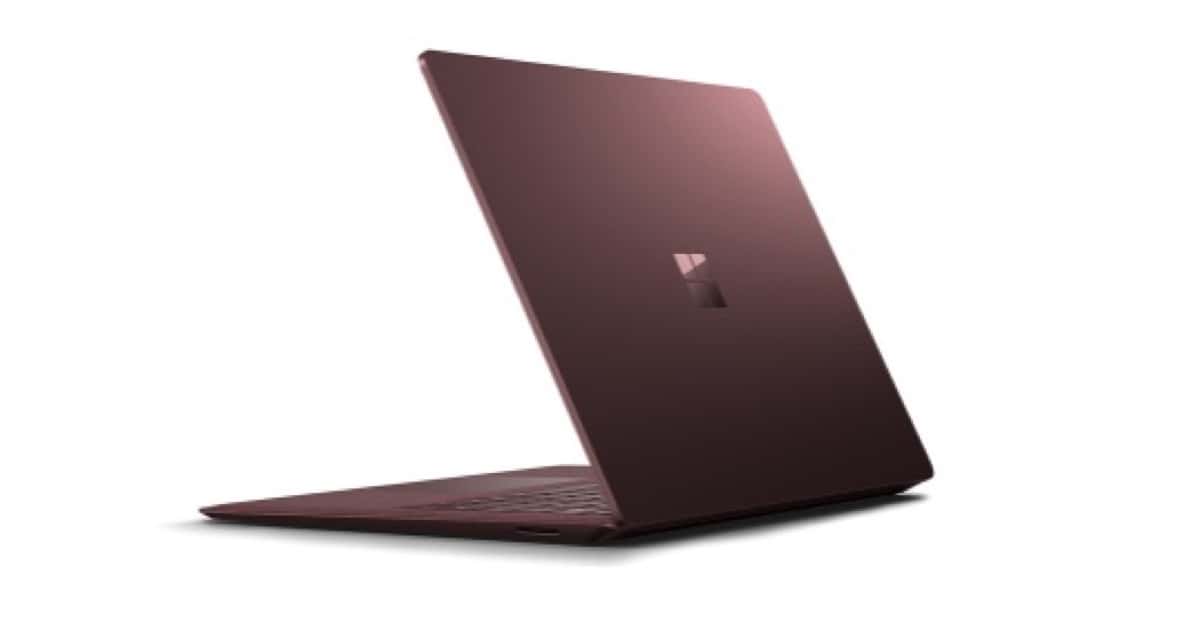This video isn’t conventional computer tech. And yet’s immensely technical, invoking a principle of physics. Gotta love that. And so, if you’re camping, don’t have matches, can’t find a flinty rock and can’t get your campfire started for a cold night to come, here’s a really cool demo. What you need is some pulverized wood, a clear plastic sandwich bag, and some water from a nearby stream. Or your cooler. Sound impossible, Mr. MacGyver? Check it out.
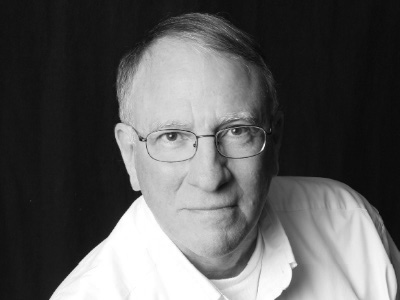
John Martellaro
John Martellaro was born at an early age and began writing about computers soon after that. With degrees in astrophysics (B.S.) and physics (M.S.), he has worked for NASA, White Sands Missile Range, Lockheed Martin Astronautics, the Oak Ridge National Laboratory and Apple. At Apple he worked as a Senior Marketing Manager, a Federal Account Executive and a High Performance Computing manager. His interests include chess, science fiction and astronomy. John is the host of the TMO podcast Background Mode.
Articles by John Martellaro
A Bold Move for Apple: MacBook Air 2 for Education
An affordable notebook Mac for Middle and High School education sets the world on its heels.
How to Sell More iPhones - Build a Global Satellite Internet
After selling a billion or so iPhones, Apple would love to sustain growth. One way to do that is to tap into its enormous cash reserves and work with a company that knows how to build a constellation of Low Earth Orbit (LEO) satellites, providing internet access. Say, Boeing. Many more locations on Earth would open up. In this potential partnership, Apple would manage the consumer side and fund a part of the satellite operations built by Boeing. This is looking more and more real. Particle Debris points to the story at Investor’s Business Daily.
TMO Background Mode Interview with Other World Computing Founder Larry O'Connor
Larry O’Connor is the founder and CEO of Other World Computing. Also known as MacSales, it’s one of the most respected suppliers of Apple product upgrades and accessories. OWC started when Larry was in high school. Frustrated with the high prices of Apple II memory expansion, he found his own source and started selling on-line. His small company just kept growing. As growth continued, Larry resisted controlling partners or buyouts and stayed true to his vision: create a profitable, fun place to work for his employees, and take great care of his customers. I asked Larry about the challenges of managing a modern company with hundreds of employees. We also chatted about his concern that Apple has steered away from easily upgradable Macs. If you’ve thought about starting your own company, this episode is a must.
At Last, iOS 11 Steals Ideas From macOS
That list included drag and drop, file access, an app dock, and so on. Right out of macOS.
TMO Background Mode Interview with iOS & Android Indie Developer Graham Dawson
Graham Dawson is an iOS and Android indie developer who specializes in meteorological and astronomical reference apps. He’s the founder and director of Ajnaware Pty, Ltd in Australia and publishes apps under the name ozPDA. Graham holds a B.Sc. in physics and meteorology, and a Ph.D. in oceanography. Graham told me about his early interest in weather thanks to extreme conditions, especially snow. That’s because, in his youth, he was skiing in Switzerland. Soon he had a weather observation station in his backyard, and he could think of nothing else as he entered his undergraduate years. Today, he publishes a wide range of apps related to the sun, moon, wind, weather and time. Some feature augmented reality. Thanks to his academic background, these apps have rock solid computational credentials. Graham told me how it all came to be.
Now That Apple’s Announced the iMac Pro, What Does This Mean for Mac Pro Design?
At the WWDC 2017 keynote, Apple gave us a sneak peak of the new iMac Pro, but now what does this imply for the design of the next Mac Pro?
Apple's WWDC 2017 Keynote is Now Available for Streaming
Apple’s WWDC 2017 Keynote video is already available to be streamed. This is the best WWDC keynote in years.
Apple's WWDC Keynote Was One We Never Dreamed Could Happen
Apple’s WWDC keynote address was one that we hoped for, dreamed about but never thought would actually happen.
TMO Background Mode Interview with Author and Linux Journal Sr. Editor Doc Searls
David “Doc” Searls is a book author, consultant, and Senior Editor at The Linux Journal. Doc was inspired by a high school teacher who thought he could write well and encouraged him. Doc, who was already thinking about journalism, started his career as a reporter and photographer at a small newspaper. Early on, he also worked at a university radio station where, he earned the name “Doc.” That in turn, led to the founding of a successful ad agency. Today, Doc is an Alumnus fellow of the Berkman Center for Internet and Society at Harvard University and a Fellow at the Center for Information Technology & Society at UC Santa Barbara. He continues his work as a book author focusing on consumers and markets. Doc’s career is rich and distinguished, and he shared some great stories with me.
How AIs, like Siri, Could Become Our Proxy Shoppers
People of means don’t spin their wheels on frustrating shopping expeditions, however, AIs could be the equalizer for the rest of us.
Gene Munster Predicts New Apple Products at WWDC
The Apple analyst Gene Munster, now with Loup Ventures, has provided his predictions for new and updated Apple products at WWDC—which starts June 5th. He includes a probability with each of the four items. Personally, I think the probability for a 10.5-inch iPad Pro should be a little higher, just because Apple is way behind in its iPad refresh cycle. But check out Gene’s estimates and see what you think.
TMO Background Mode Encore Interview with Science Communicator Dr. Kiki Sanford
Dr. Kiki Sanford is a neurophysiologist with a Ph.D from U.C. Davis. She’s a popular science communicator and creator of This Week in Science podcast and radio show. This is her second appearance on Background Mode. For those who missed her first show, Kiki explained her upbringing and early interests in ecology, conservation and animals. Her Ph.D. work was on how finches store memories and navigate. In this encore appearance, Kiki and I get geeky with science: an in-depth discussion of epigenetics, the ecology of our kitchens, brain size (and language) in animals, probiotics, how wine protects the human brain, and her favorite subject: world domination by robots. We finished with a discussion about how you can support science research. After spending 40 minutes with Kiki, you’ll want to be a scientist too!
The Good That Has Come Out of Apple's Mac Lapses
Apple customers have waited for a long time to get new, updated Mac models. Apple kicked off the resurgence in late 2016 with the Touch Bar MacBook Pro, but there remained serious concerns. And that’s a Good Thing™. The development of technology and the approaches by the competition have evoked a strong, clear, intelligent response from the community that amounts to an excellent, thoughtful conversation about what Macs should be all about going forward. Particle Debris page 2 discusses that and ponders more new Mac hardware at WWDC in June.
TMO Background Mode Interview with Computer Historian and Author David Greelish
David Greelish is an author, podcaster and personal computer historian. Back when he was in college in the mid-1980s, he got a job in one of the early computer stores that was also an Apple dealer. They sold all kinds of PCs, but David fell in love with the Mac. While he couldn’t afford one, his quest continued until he was able to acquire a used Lisa (that ran Mac software). Like many of us, he fell in love with the early computer movement, and that started his obsession with computer history. He’s the founder of the Historical Computer Society, the Atlanta Historical Computing Society, and was Cofounder/Director of the first Vintage Computer Festival S.E. His interviews with industry luminaries are legendary. Take a walk down computer memory lane with me and David.
Thoughts On The Apple Mothership: Celebration of the Employee
Steven Levy has written a stellar article at Wired about his tour of the new Apple campus, Apple Park, aka The Mothership. The focus is on the design details inspired by Steve Jobs and the building as “Steve’s gift.” John read the article and has some follow-on thoughts to offer.
The New Meme: All Out Mac Speed is Now a Thing
Now that Apple has committed to a new Mac Pro, prosumers are salivating at the thought of what Apple might deliver. And the thinking also seems to be bleeding over into the iMacs (with Xeon CPUs) and MacBook Pros, high-end Macs that’ll have to carry our most demanding computational loads for awhile. Particle Debris points to two articles by Mac experts. One asks how the competition is doing against Apple’s laptops and the other has a focus on raw laptop speed.
TMO Background Mode Interview with Astrophysicist Dr. Kelly Holley-Bockelmann
Dr. Kelly Holley-Bockelmann is an Associate Professor of Physics and Astronomy at Vanderbilt University. Her research specialty is black holes and gravitational waves. For as long as she can remember, she wanted to be an astrophysicist. In our interview she tells the story about, as a teenager, lying in a field under dark Montana skies and gazing at the Milky Way (the edge of our galaxy). She wondered about all those stars and planets and whether there were other civilizations out there looking up at their own starry skies. It was transformative. Today, she uses a Mac and supercomputers to study how black holes generate ripples in the fabric of spacetime and deepen our astronomical understanding and perspective. Kelly, her students and associates are also devoted Mac users, and she tells me why.
Earth, Pale White Dot, Seen From Saturn's Rings
The rings of Saturn are about 10 meters thick. Yet they light up the solar system with wonder and awe. In this NASA image, the Earth is seen from the Cassini spacecraft through a gap in the rings of Saturn. It’s an encore of the famous Pale Blue Dot image of Earth seen from 6 billion km away back in 1990. In this new image, if you look closely, Earth’s moon is also visible. As astrophysicist Neil deGrasse Tyson might say, this one photo provides a substantial cosmic perspective. We are tiny. We are alone. This is the only home we have.
Satellite TV Will Be Gone Soon, and Apple Might Be Ready to Step In
In the 1980s, some people had 3 meter steerable satellite dishes and could freely access raw network feeds from geosynchronous satellites. Then the networks encrypted everything, and we migrated to smaller dishes and monthly service from Dish and DirecTV. But that’s just one-way TV, and it may be gone soon. The Next Big Thing could well be low-latency, full internet access with TCP/IP via low-earth-orbit satellites. Particle Debris page two points to several articles that cover the emerging story.
TMO Background Mode Interview with Science Writer and Editor Jennifer Ouellette
Jennifer Ouellette is a freelance science writer, editor and book author. Her work has appeared in Physics World, Discover, New Scientist, Physics Today, Salon and Nature. In 2010, she published the book “The Calculus Diaries: How Math Can Help You Lose Weight, Win in Vegas, and Survive a Zombie Apocalypse.” With a degree in English literature, Jennifer didn’t start out intending to be a science writer. But thanks to serendipity, she landed her first job with the American Physical Society who discovered she could write really well. The thinking was that it would be easier to teach her physics than teach physicists how to write! It opened her eyes to the field. So how does one become a famous science writer? Jennifer tells a great story.
A Fantasy Conversation: Bezos and Cook Chat About Amazon Echo
Two very interesting things happened this week. First, we heard that Apple may be making its own Siri-powered Echo-like device, to be announced at WWDC. Later in the week, we heard that Amazon will now bring its video app, Prime Video to the Apple TV. Mere coincidence? John, just for fun, imagines a recent, fictional conversation between Jeff Bezos and Tim Cook.
Microsoft Launches a New Assault on Apple: Surface Laptop
On May 2nd, Microsoft presented its latest product in the Surface family, the Surface Laptop. This is a pure laptop, in the style of Apple’s MacBook line, and has a 13.5-inch display. Notable is the low weight, 2256 x 1504 display, fabric keyboard, four available colors, Windows 10 S and a claimed 14 hour battery life.
How to Distinguish Phony Apple News From the Real Stuff
Nowadays, it’s a real challenge to find fact-based news and solid analysis about many things, including tech companies like Apple. There are so many voices. Does a lurid article title correlate well to solid research and historical insight? Probably not. Just exactly how does one go about identifying valuable, accurate analysis when it comes to Apple? Those who have learned the ropes know that a specific, experienced author is more important than an article title, and this week, one of those special authors, Daniel Eran Dilger, proves why that’s so. It’s on Page 2 of Particle Debris.
